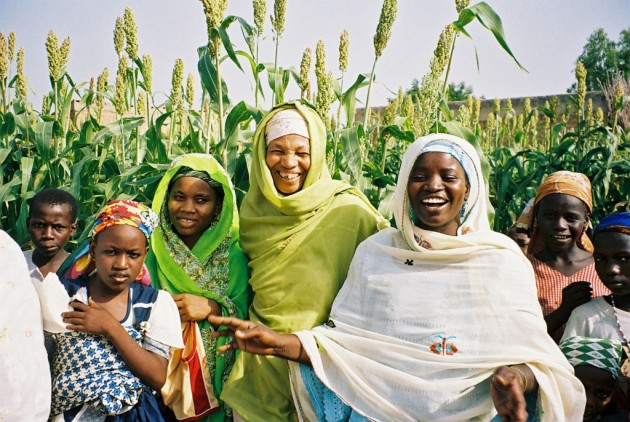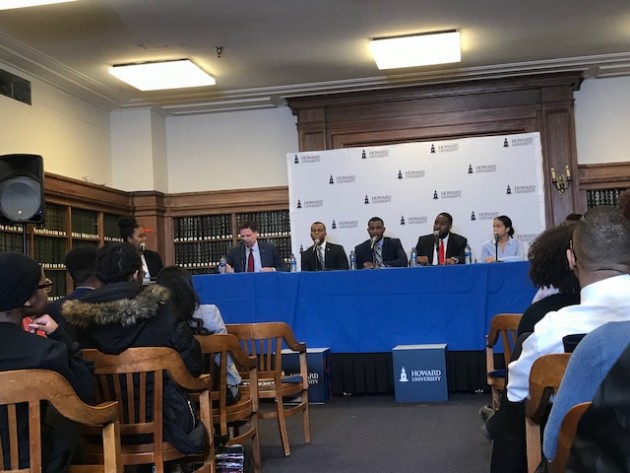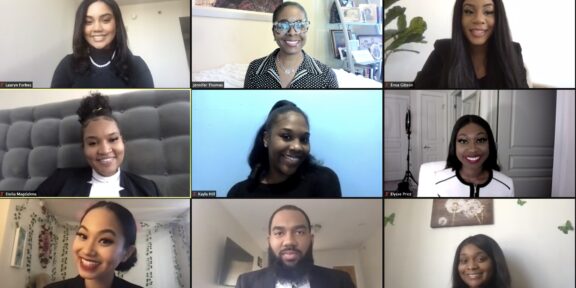Immigration

Nigerian immigration to the United States is increasing, with nearly 20,000 in the nation in 2017. Courtesy photo
Over a million immigrants come to America each year in search of better opportunities, lifestyles, and education. The Nigerian population in The District is no exception. Officials at the Embassy of Nigeria say it's a fast-growing population. Nearly 20,000 Nigerian-born immigrants live in the D.C.-area, according to The Washington Post.
The reason Joel Odelade and Adebola Falade came to America: education.
Ojelade came to America in from Northwest Nigeria in 1981 for an education but planned to return after he completed college. When he finished college, the military and economic chaos in Nigeria prevented him from returning. According to the Foreign Affairs, a foreign policy website published by the Council on Foreign Relations, the economic chaos arose from the exploitation of oil.
Ojelade said his process for obtaining U.S. citizenship wasn’t hard. “As long as you’re a good citizen, not receiving any criminal records, you can get your citizenship after 5 years,” he said of his experience. Ojelade said he received spiritual support from the Canaan Baptist Church.
According to the State Department, the U.S. issued 8,803 immigrant visas to Nigerians wishing to come to the U.S in 2016.
Falade grew up in Maryland but his father came to the United States in 1988 from Lagos, Nigeria. His mother then followed in 1990, and the family stayed in the U.S. for better opportunities for jobs after school. Falade said his father still attends the same church he first visited when he arrived in the country. Falade said Nigerians are very Christian, active in the church and depend heavily on prayer.
In today’s political climate, both Ojelade and Falade said they were concerned for the future of other immigrants. President Trump has taken an increasingly hard-line stance on both legal and illegal forms of immigration. Trump has supported a plan to cut legal immigration in half, and ended an Obama administration-era policy that shielded young, undocumented immigrants from deportation. The Trump administration has also moved to end temporary status for Haitians and Nicaraguans, who arrived in the U.S. after natural disasters ravaged both of those countries.
Ojelade said today’s political climate is detrimental to millions of people without healthcare. He said doesn't understand how immigrants can dislike other immigrants. Falade said he was concerned for people who were being sent back to countries they’ve never even visited.
Ojelade and Falade said they didn’t any issue navigating their new country. The issue they said they faced was from people around them. Falade said that as a child, people would call him derogatory names and have trouble pronouncing his name. He noted how becoming ‘woke’ was a new trend with good and bad implications. He said he hoped it wouldn't remain a trend, but started a revolution.
Ojelade said most of were from African Americans because their cultures are so much more different than he expected. He said, “African Americans believe we came here to take their jobs.”
They both believe prayer has got them through this system and will continue to do so. For future Nigerians coming in, they will do as done to them and pray for them and be there spiritually to guide them.








